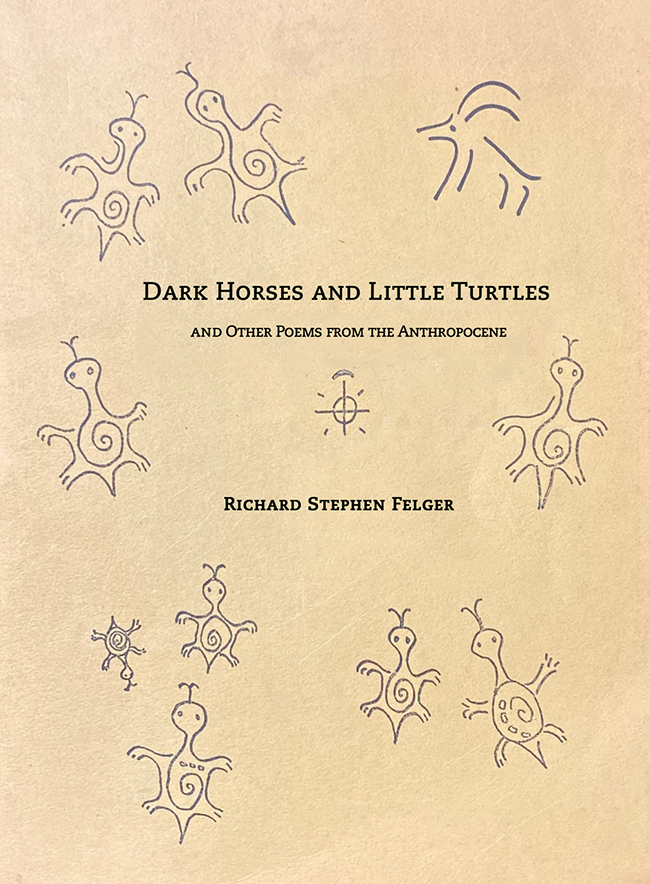Choosing the Compost Method that is Best for You

photo by taro911 Photographer
Gardeners are a meticulous bunch. Many of us enjoy spending our evenings and weekends in the garden, carefully observing the slow and steady changes that occur as it progresses steadily through the seasons. When it comes to our composting on the other hand, unfortunately, more times than not it’s “out of sight-out of mind” as we relegate one of the most important aspects of gardening to the bottom of the chore list.
It wasn’t supposed to be this way. All of us start composting with the best of intentions, keeping food waste out of landfills is a very noble goal after all. If the byproduct of doing so just so happens to be a nutrient dense soil amendment that is extremely effective at holding water and improving soil tilth, then all the better right? Optimism soon fades to frustration as we realize that composting is not as fast or as easy as the tumbler advertisements would have had us believe.
There are many things that can go wrong in the compost heap and none of them are pleasant. Roach infestations, rodents, and anaerobic stink holes are just the tip of the iceberg. However one of the most overlooked drawbacks to improper composting is an inferior end result. If your only goal is keeping waste out of landfills, then this is not an issue, but if your goal is a nutrient rich soil amendment, then it is important to consider the best available options and pros and cons of each.
- Traditional Bin or Heap Composting – The most familiar method of composting, heap composting involves constructing a large pile of alternating layers of fresh green material like kitchen scraps and coffee grounds, dried brown material like fallen leaves or shredded newspaper, and manure. When properly constructed these piles can heat up to over 150°. For the pile to reach this temperature and properly decompose into a nutrient rich compost, the pile should be first be built to a size of at least 3’ x 3’ x 3’, which can be hard to do unless you have access to a good amount of yard waste and manure. Turning heap piles this large is quite a chore but the more often it is done then the faster the compost will be finished and the fewer critters will decide to make your compost pile home.
- Worm Composting – For those without access to the ingredients to build a traditional compost pile, or the willingness to maintain one, worm composting is a very good alternative. Earthworms are one of nature’s best composters and we can take advantage of their natural abilities by installing a worm bin under the sink, in the garage, or buried outdoors. Worms are voracious composters that can consume about ½ their body weight in waste each day. They aren’t picky either, they’re known to enjoy such luxuries as kitchen scraps, wet cardboard, and used coffee grounds. The best part of all, the end result is by far some of the best organic fertilizer that you can get.
- Bokashi Composting – Maybe fumbling around with worms and cockroaches isn’t your thing? That’s OK , it’s not for everyone. For those of you who still want to the benefits of compost but don’t really want to put up with the maintenance and general grossness of the above methods there is a third method of composting called Bokashi. In traditional heap composting, it is desirable to create an oxygen rich environment so the beneficial aerobic bacteria can take up residence to begin the composting process. Bokashi composting utilizes a blend of anaerobic bacteria known as “Effective Microorganisms” that actually ferment kitchen waste rather than decompose it. These EM bacteria thrive in the oxygen free environment that small Bokashi compost buckets provide. Like worm bins, Bokashi buckets can be placed indoors under the sink or in the garage. Unlike worm bins and compost heaps, Bokashi systems are able to compost normally non compostable items such as meat, bones, and dairy. If you will not be using your fermented waste in the edible garden bed, it is also possible to ferment pet waste using the Bokashi method.
Brandon Merchant is the proprietor of Southwest Victory Gardens. Visit his website at SouthwestVictoryGardens.com.
Category: Nature, RECREATION




